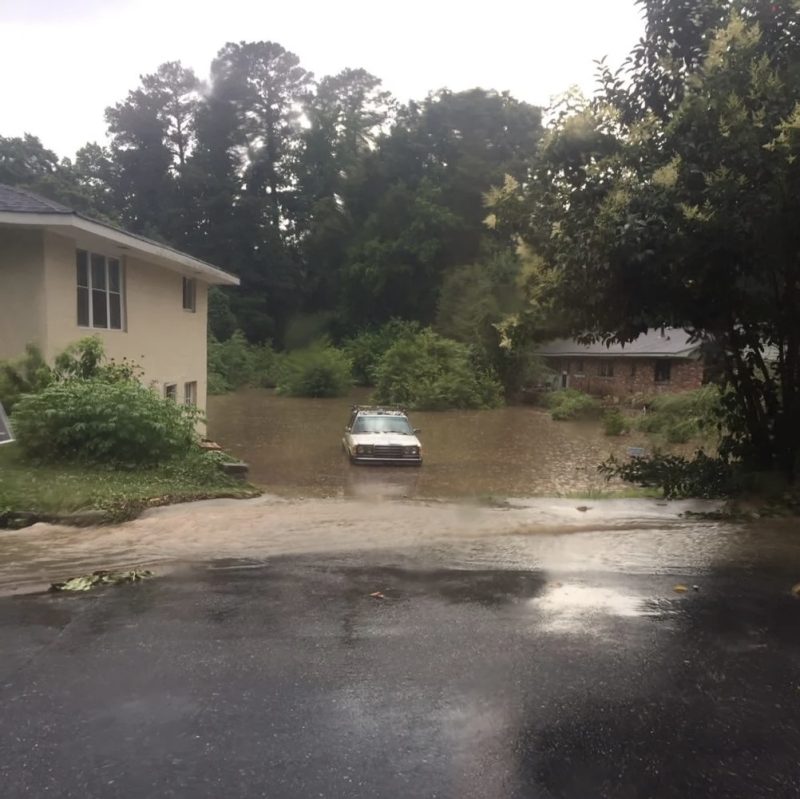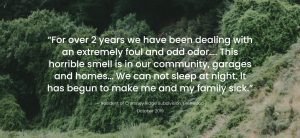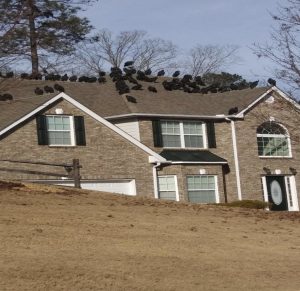
Justice on Chapel Hill (JCH) was founded to address the environmental and health issues caused by heavy industry pollution in south DeKalb County, GA. For more than 30 years, over 3 billion gallons of raw, toxic industrial waste have traveled through the community in defective sewer lines, with little if any oversight. Serving the predominantly Black DeKalb community and its natural resources, including the South River, JCH works to hold accountable those who pollute as well as those who turn a blind eye to uncomfortable truths. The grassroots group demands more aggressive state and federal oversight to enforce proper sewage processes and operations and the repair or replacement of inadequate sewage and industrial waste infrastructure. As well, they seek clean-up of all toxic waste sites and immediate relief for residents adjacent to the hazards, including consequential damage payments. For residents like Clarence E. Williams, the environmental injustice is obvious – “This would have never happened in Dunwoody or Brookhaven, but repeatedly happens in South DeKalb County/ Georgia.”

What began in 2019 as a small group of concerned neighbors – overwhelmed by pervasive odors, unexplained illnesses, and vultures circling overhead – JCH has evolved into a 280+ member nonprofit, to demand federal and state governments “resolve continued violation of our rights by DeKalb County.” They work with Emory’s Hercules Research Center to study the environmental health impacts of their proximity to Snapfinger Creek Water Treatment Plant, the Seminole landfill, and a defective industrial sewer line that has leaked toxins into the ground and air. After filing a federal EPA complaint and two congressional complaints, they took their findings to the DeKalb County Commissioners, who disregarded and belittled their concerns. Undeterred, JCH partners with the Thriving Earth Exchange to investigate the area’s deteriorating health conditions. Residents use the Smell My City app to note the exact location, time, and intensity of the odors they smell in their neighborhood. As well, they are creating a documentary, “The South DeKalb County Toxic Plague,” that includes drone footage over the landfill, test results of PFAS in the area, and interviews with residents and scientists – all meant to empower the community to advocate for change and demand the attention of policy makers.

Vultures, attracted to the methane emissions at the landfill and toxic off-gassing in sewer lines, live in the area – constantly circling above homes, roosting on rooftops, and destroying property.